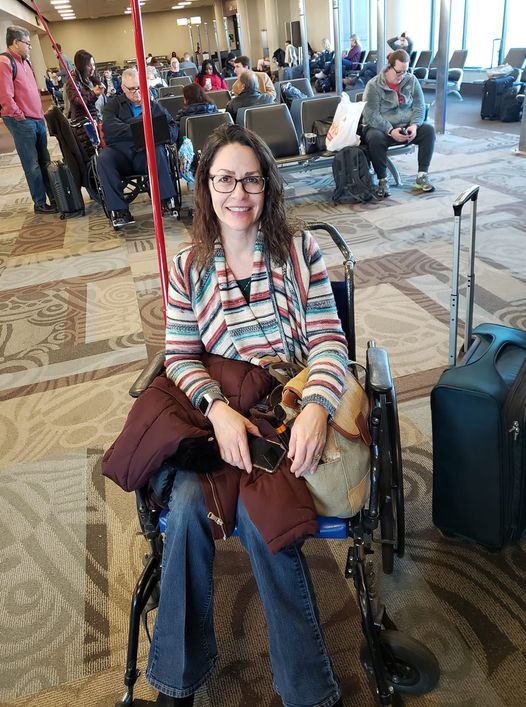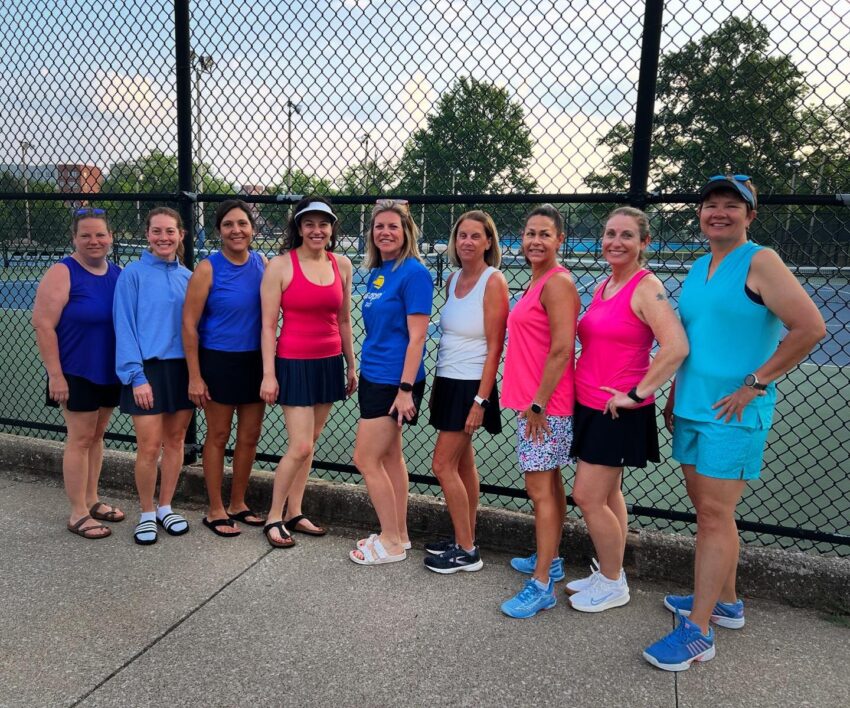Living With Chronic Illness
Sliding my blouses across the rod in my closet like an accordion, I pulled loose the final choice for our trip to Boston. Rolling the shirt up, I pressed it into the side of our carry on for the two day trip to see the Bruins. Leaning over the bulging case, I weighed my final option carefully and reluctantly headed back to the closet for that final item in the dark corner, where I never cared to go. Yanking that cane free and arranging it with my belongings meant I was admitting the reality of another episode.
If you have a relapsing, neurological disease like M.S. or chronic neurological Lyme disease, in my case, you feel it coming. It sneaks up, stealing your strength, sensation, and balance. Then it zaps your neurological system, firing off shocks of electricity throughout your limbs. It can swallow up your body and works to consume your mind.
Most debilitating for me is the cycle of disabling symptoms that show up out of the blue and leave me having to explain why I can no longer walk when I seemed fine the day before. So many people suffer with pain and illness that are invisible to the rest of the world. There are 133 million people living with at least one chronic disease in the United States alone and one in six people worldwide have a neurological disorder. This fact exposes the range of daily pain and debilitating symptoms that plague us relentlessly, impacting our quality of life.
 At the airport that afternoon, I ambled along with the cane and had to accept my husband’s insistence that I needed wheelchair assistance to the gate. The experience humbled me and yet gave me the perspective only gained from the chair. While rolling at a brisk pace through the isles toward the furthest gate, I felt curious glances and stares from travelers as we approached those gathered around the gangway. Feeling utterly dependent on others, it was hard not to wallow in my self-pity. Here I was, a school psychologist, who worked to provide educational supports for youth with disabilities and I was living out limitations of my own.
At the airport that afternoon, I ambled along with the cane and had to accept my husband’s insistence that I needed wheelchair assistance to the gate. The experience humbled me and yet gave me the perspective only gained from the chair. While rolling at a brisk pace through the isles toward the furthest gate, I felt curious glances and stares from travelers as we approached those gathered around the gangway. Feeling utterly dependent on others, it was hard not to wallow in my self-pity. Here I was, a school psychologist, who worked to provide educational supports for youth with disabilities and I was living out limitations of my own.
Each episode of neurological storms throw me a blow, but I believe I am learning to take them in stride and reflect on my strengths rather than the long list of weaknesses. I have developed a sincere understanding of the needs of others and have become thankful for the healthier spurts I do have and the hope of recovery. There are millions of people with no possibility for improvement.
As we live with whatever obstacles, I challenge you to see the kindness in others, look back at the hurdles you have cleared, and look forward with a thankful heart for the courage and fortitude you possess deep inside. There are some things we can control, and that starts in the heart.






Leave a Reply